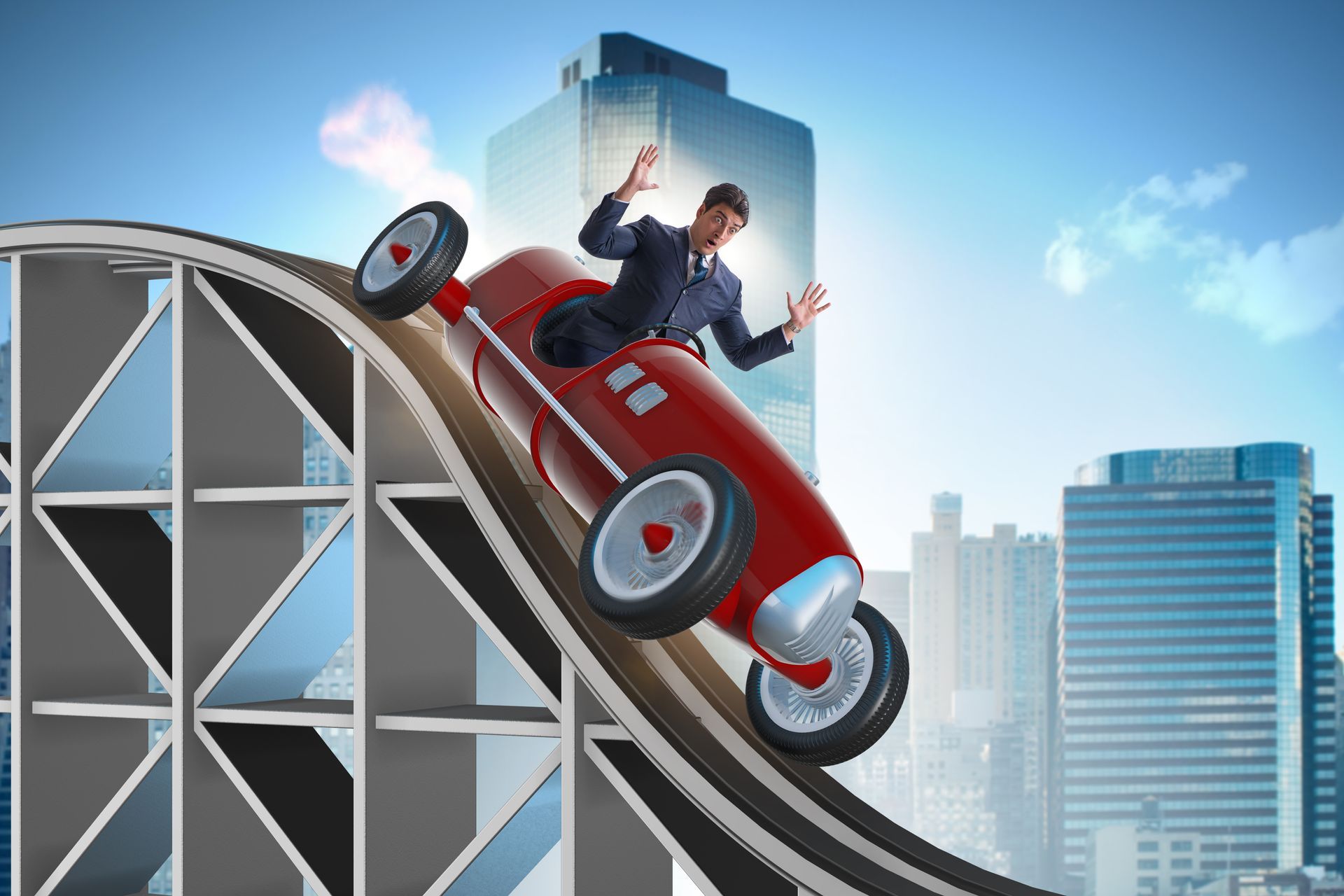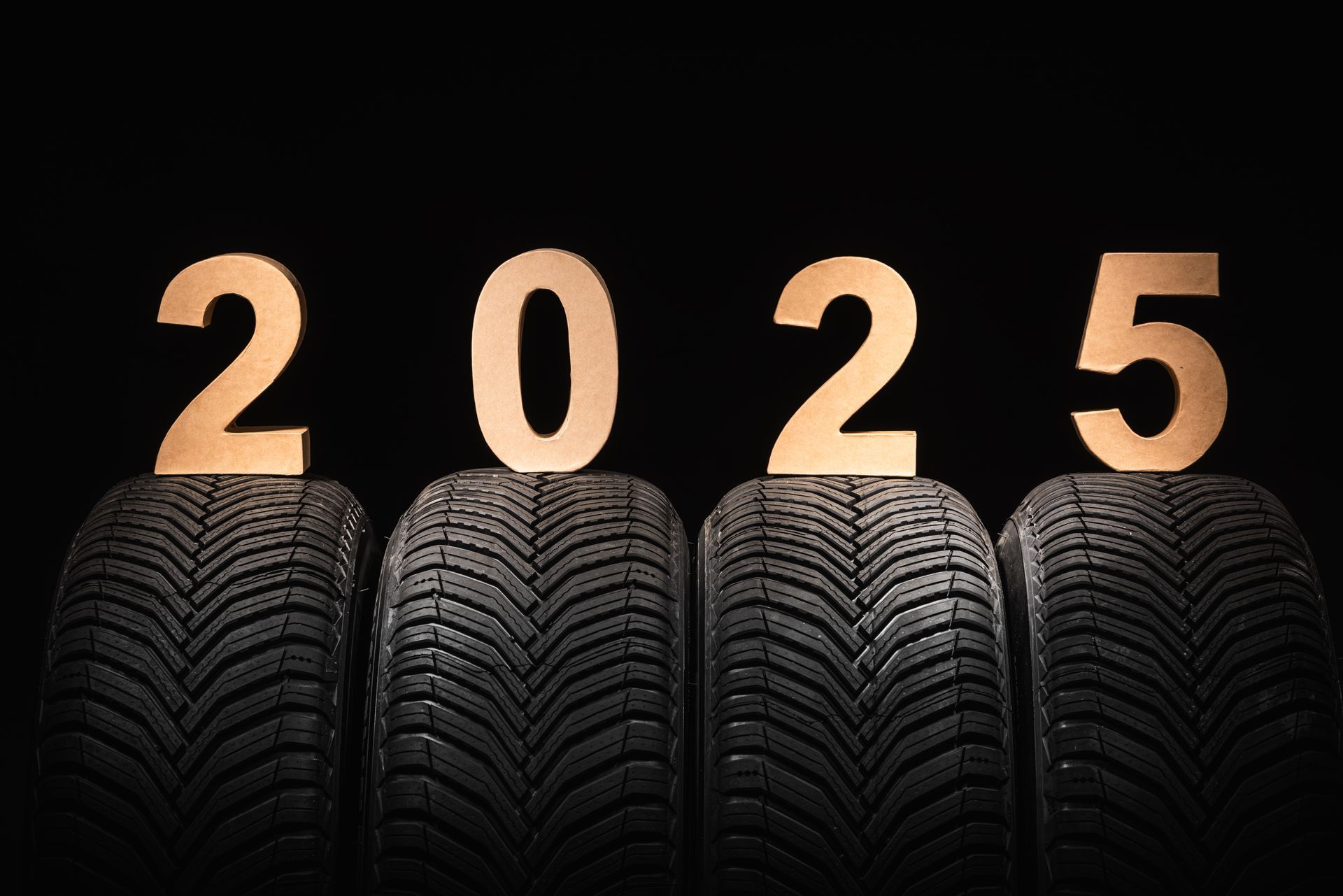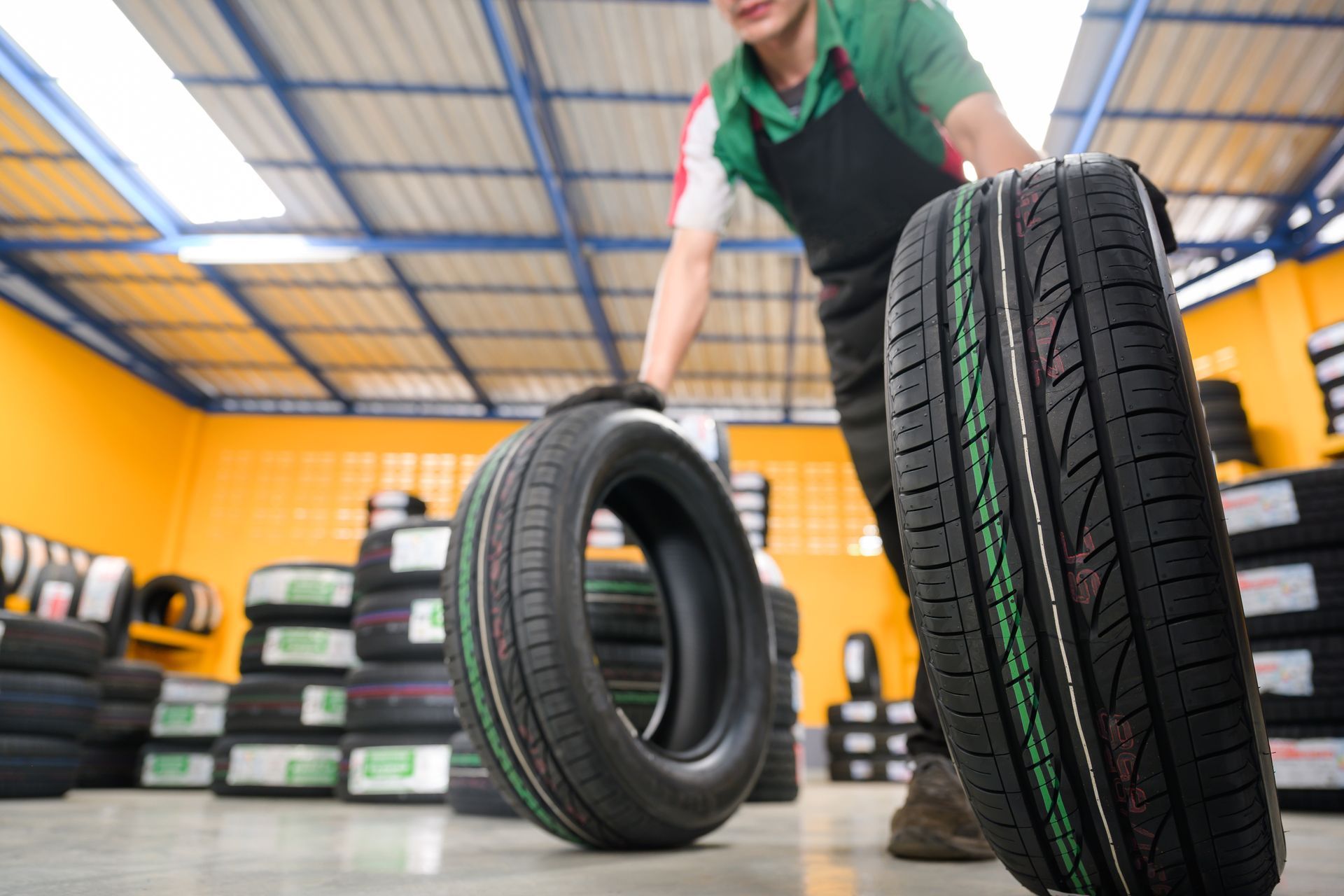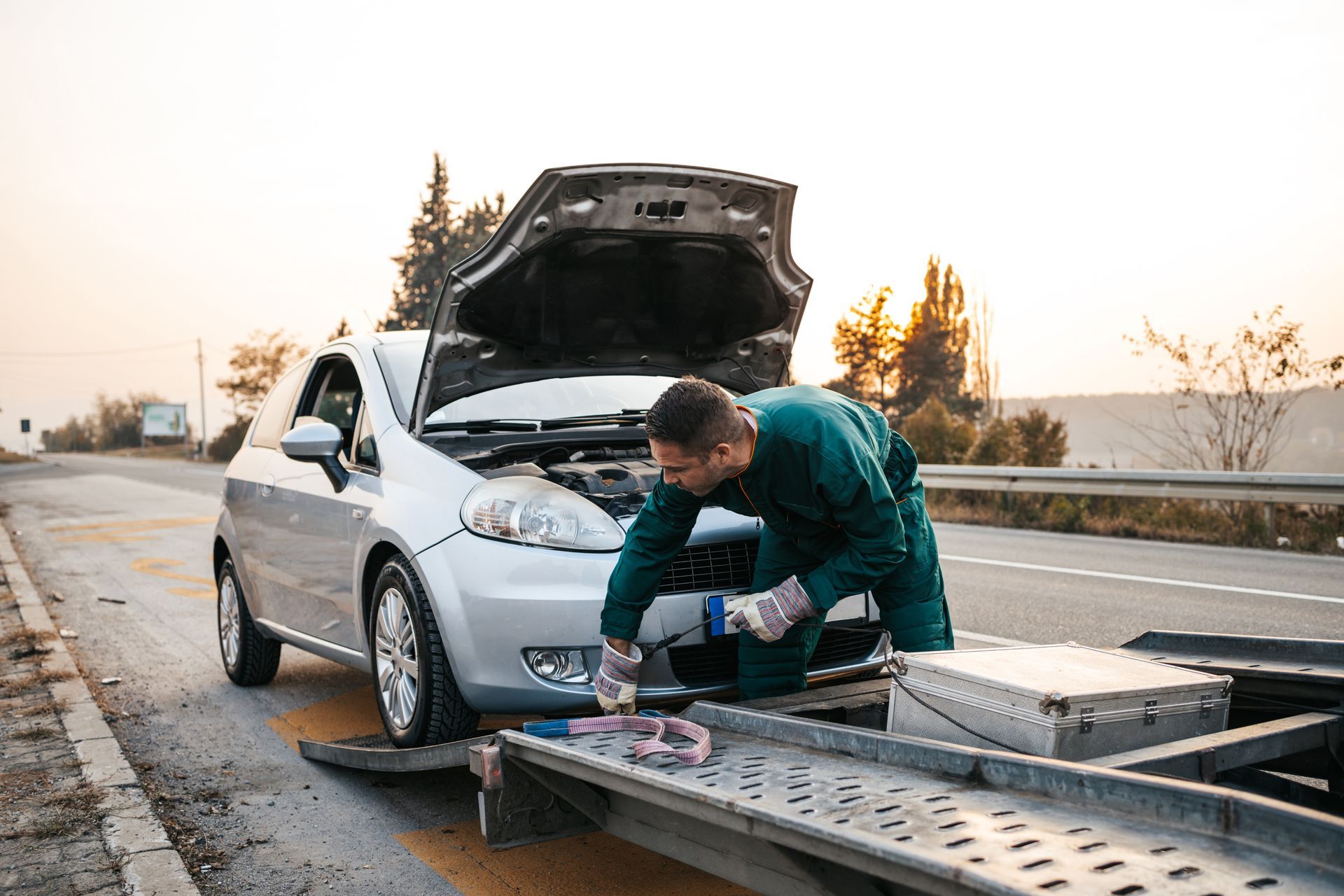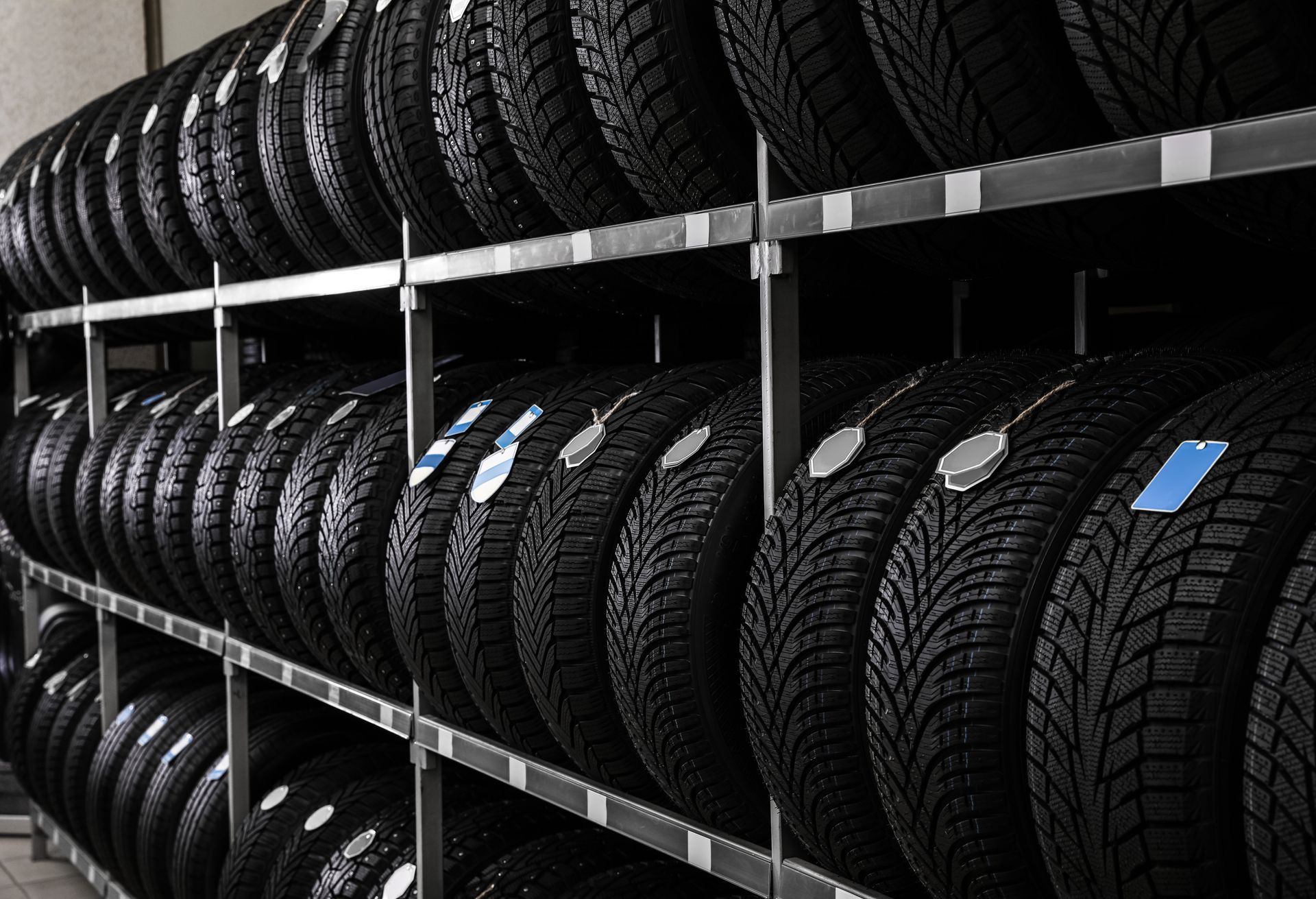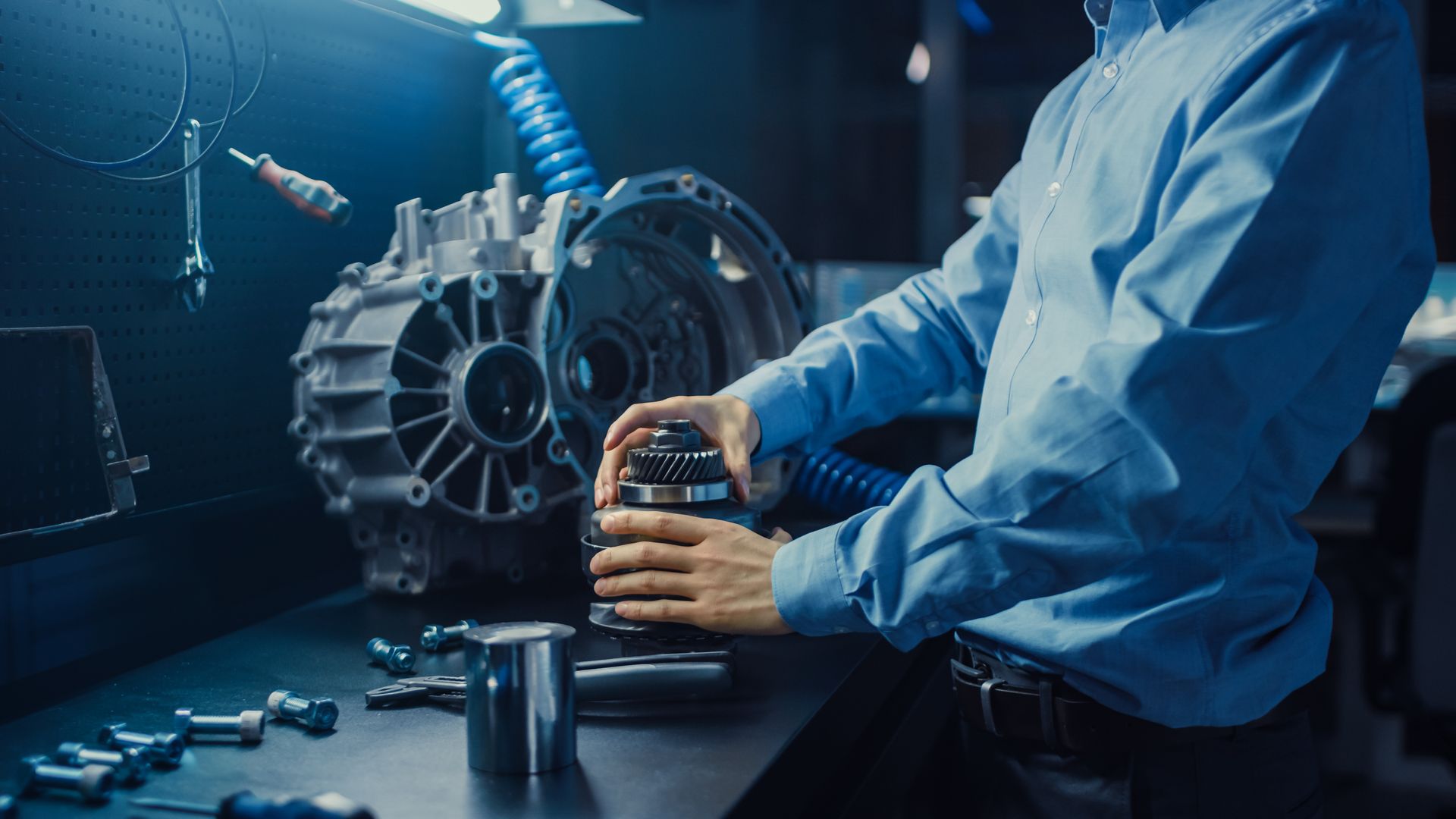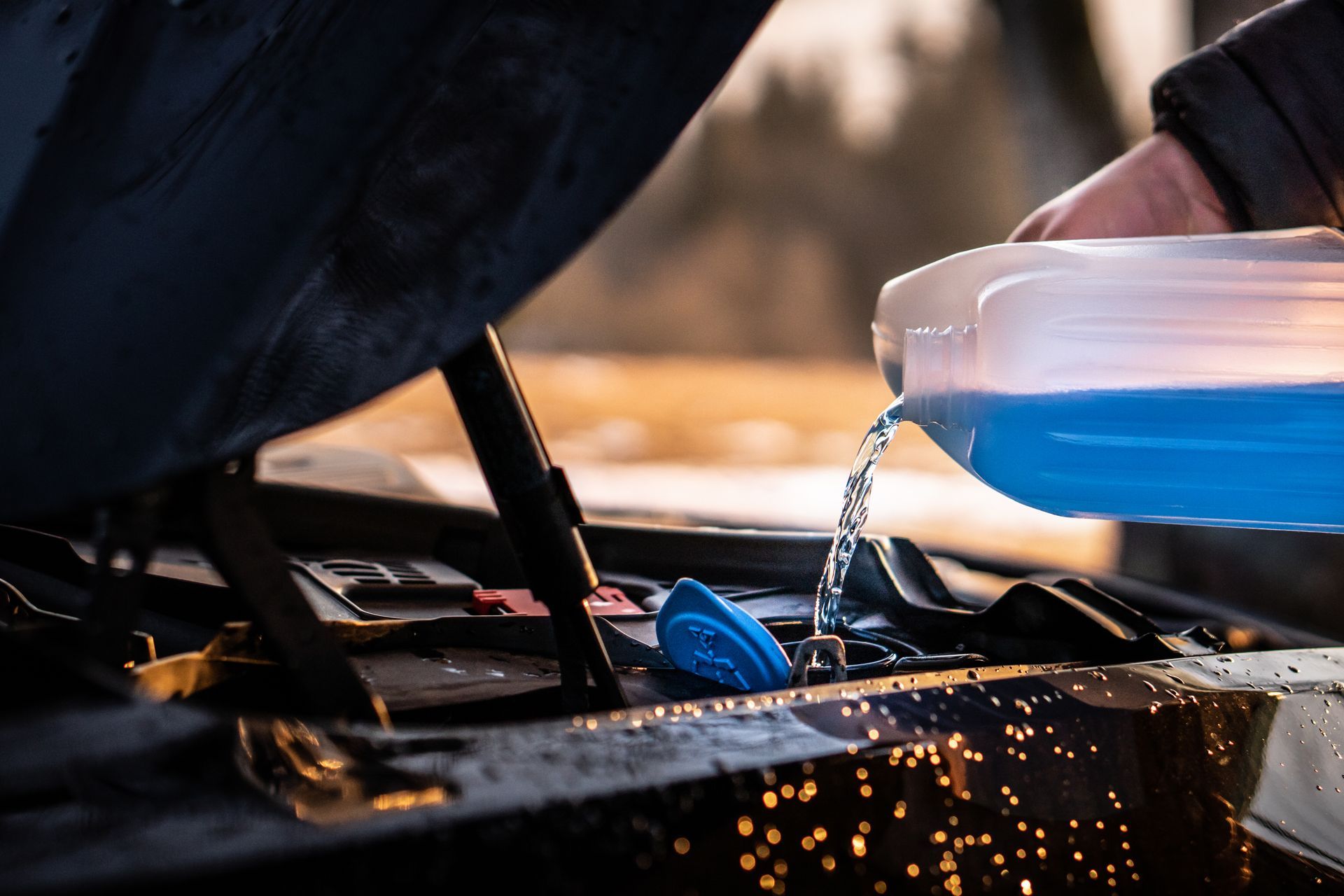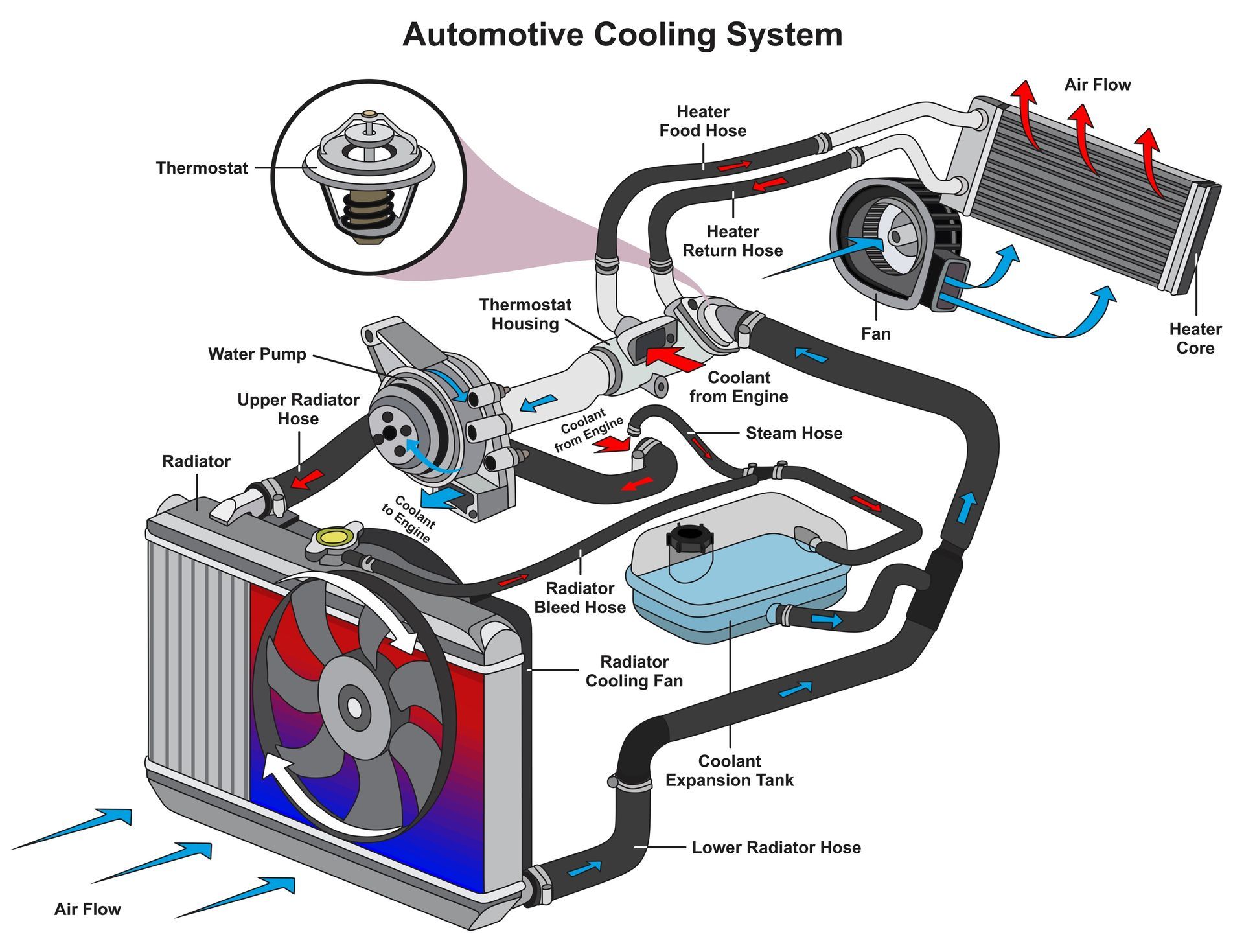Gas mileage is something every driver pays attention to, whether to save money at the pump or reduce their environmental impact. While factors like vehicle type and road conditions play a role, your driving style is one of the most significant influences on how much fuel your car consumes. The way you accelerate, brake, and maintain speed can either help you stretch your gas tank or burn through it faster. Let’s explore how driving habits affect fuel efficiency and what you can do to maximize your miles per gallon (MPG).
Aggressive Driving and Its Cost
Do you enjoy quick acceleration or frequent hard braking? While it may be thrilling, aggressive driving habits are among the top reasons for poor gas mileage. Rapid acceleration burns significantly more fuel than gradual increases in speed, as the engine works harder to meet sudden demands for power.
Similarly, harsh braking not only wears out your brake pads but also wastes the energy your engine used to get the car moving. Stop-and-go traffic or driving in urban areas often exacerbates these habits, leading to inefficient fuel consumption.
By practicing smoother acceleration and anticipating stops in advance, you can ease off the gas pedal and brake gently, which helps improve efficiency over time.
Maintaining a Steady Speed
One of the simplest ways to improve your fuel economy is to maintain a consistent speed. Constant speeding up and slowing down forces your engine to adjust its output, leading to higher fuel usage.
Cruise control can be your best friend on long highway drives, especially in a place like Destin, FL, where flat, open roads are common. Using cruise control helps you maintain a steady pace, preventing unnecessary fluctuations in speed and reducing strain on your engine.
The Impact of Idling
Many drivers underestimate how much fuel is wasted while idling. Whether you’re sitting in traffic or waiting for someone, letting the engine run consumes gas without taking you anywhere.
Modern vehicles are designed to use minimal fuel when starting, so turning off the engine during extended stops is often more fuel-efficient than idling. This is especially true for newer cars with automatic start-stop systems, which eliminate unnecessary fuel consumption during pauses.
The Speed Toll
Driving too fast or too slow can impact your gas mileage. Every vehicle has an optimal speed range for fuel efficiency, often between 45 and 65 miles per hour. Speeds above this range significantly increase wind resistance, forcing the engine to work harder and burn more fuel.
For example, driving at 75 mph instead of 65 mph may only save you a few minutes but could decrease your MPG by as much as 15%. On the flip side, driving excessively slow can also reduce efficiency, as lower gears require more energy to maintain momentum.
By sticking to the speed limit and avoiding unnecessary speeding, you can strike a balance between saving time and optimizing your fuel economy.
Car Maintenance and Its Role in Fuel Efficiency
Your driving habits aren’t the only factor affecting gas mileage—your car’s condition matters too. Poorly maintained vehicles are less efficient, regardless of how carefully you drive.
Underinflated tires, for instance, create more rolling resistance, causing your engine to use more fuel to move the car. Regularly checking tire pressure and keeping it at the manufacturer-recommended level is an easy way to save gas.
Similarly, a clogged air filter restricts airflow to the engine, reducing its efficiency. Replacing it as needed ensures your engine gets the oxygen it needs for optimal combustion. Don’t forget about regular oil changes and spark plug inspections, which also play a role in keeping your vehicle fuel-efficient.
How Weather and Terrain Play a Role
While you can control your driving style, you can’t always control the environment. In areas like Destin, FL, where warm weather is the norm, air conditioning usage can take a toll on fuel economy. Running the AC puts additional strain on your engine, particularly at lower speeds.
Hilly or mountainous terrain also impacts fuel efficiency, as climbing steep inclines requires more power and burns more fuel. While you can’t change the terrain, planning your route to avoid unnecessary stops and starts can help mitigate fuel loss.
Adapting Your Driving Style for Better Gas Mileage
To get the most out of your tank, consider adopting these practical driving habits:
- Anticipate Traffic: Look ahead and adjust your speed gradually instead of reacting abruptly.
- Reduce Excess Weight: Remove unnecessary items from your vehicle, as added weight makes the engine work harder.
- Combine Trips: Plan errands efficiently to reduce the number of cold starts, which use more fuel.
- Coast to a Stop: Instead of slamming on the brakes, take your foot off the gas and let the car coast when approaching a stop.
Small changes in how you drive can lead to significant savings at the pump over time.
Struggling with poor gas mileage? Visit
Destin Auto Center in Destin, FL, for expert diagnostics and tailored solutions to boost your fuel economy. Contact us now to book your service!


